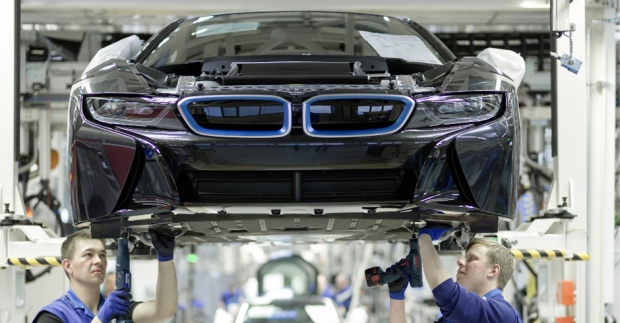
The Heart of the Machine: Understanding Car Engines
Understanding Car Engines, are the beating heart of automotive technology, powering vehicles with precision and efficiency. From internal combustion engines to electric motors, understanding the intricacies of car engines is essential for automotive enthusiasts and everyday drivers alike. In this article, we explore the different types of car engines and how they work, shedding light on the engineering marvels that propel us forward.

Internal Combustion Engines: Powering the Majority
Understanding Car Engines, Internal combustion engines (ICE) have been the dominant force in automotive propulsion for over a century. These engines operate by burning fuel within enclosed cylinders to generate power. There are two primary types of internal combustion engines: gasoline engines and diesel engines.
Gasoline engines, also known as spark-ignition engines, use a spark plug to ignite a mixture of air and fuel, typically gasoline. The combustion process creates pressure, which drives pistons within the cylinders, turning the crankshaft and generating power to propel the vehicle forward.
Diesel engines, on the other hand, rely on compression ignition to ignite the fuel-air mixture. They compress air within the cylinders to a high temperature, causing diesel fuel to ignite spontaneously when injected into the combustion chamber. Diesel engines are known for their fuel efficiency and torque, making them popular in heavy-duty vehicles and trucks.
Hybrid Engines: Combining Efficiency and Performance
Understanding Car Engines, Hybrid engines represent a marriage of internal combustion and electric propulsion systems, offering the benefits of both technologies. In hybrid vehicles, an internal combustion engine works in conjunction with one or more electric motors and a battery pack.
During acceleration or when additional power is needed, the electric motor supplements the gasoline engine, providing extra torque and reducing fuel consumption. Conversely, during deceleration or when cruising at low speeds, the electric motor can operate independently, drawing power from the battery pack and reducing reliance on the gasoline engine.
Hybrid engines offer improved fuel efficiency and lower emissions compared to traditional gasoline engines, making them an attractive option for environmentally conscious consumers.
Electric Motors: The Future of Automotive Propulsion
Understanding Car Engines, Electric motors represent the cutting edge of automotive technology, offering clean, efficient, and powerful propulsion without the need for fossil fuels. Electric vehicles (EVs) rely entirely on electric motors powered by batteries, eliminating the need for internal combustion engines altogether.
Electric motors operate by converting electrical energy from the battery into rotational motion, driving the wheels directly. Unlike internal combustion engines, electric motors produce instant torque, delivering smooth and responsive acceleration.
The growing popularity of electric vehicles is driving innovation in battery technology, charging infrastructure, and motor design, making EVs increasingly viable alternatives to traditional gasoline-powered cars.
Future Developments: Towards Efficiency and Sustainability
Understanding Car Engines, As automotive technology continues to evolve, manufacturers are exploring new engine designs and alternative fuels to improve efficiency and sustainability. This includes advancements in engine efficiency, such as variable valve timing, turbocharging, and cylinder deactivation, which optimize performance while reducing fuel consumption and emissions.
Additionally, researchers are investigating alternative fuels, such as hydrogen fuel cells and biofuels, as potential replacements for traditional gasoline and diesel. These renewable energy sources offer the promise of cleaner and more sustainable transportation solutions, reducing greenhouse gas emissions and mitigating environmental impact.
Conclusion
Understanding Car Engines, In conclusion, car engines represent the culmination of decades of engineering innovation, powering vehicles with precision, efficiency, and reliability. Whether internal combustion engines, hybrid systems, or electric motors, each propulsion technology has its strengths and applications, shaping the future of automotive transportation. As we look ahead, advancements in engine design, alternative fuels, and electric propulsion promise to drive us towards a more sustainable and efficient automotive future.
Read More: Exploring The Tech Behind Car Engines
